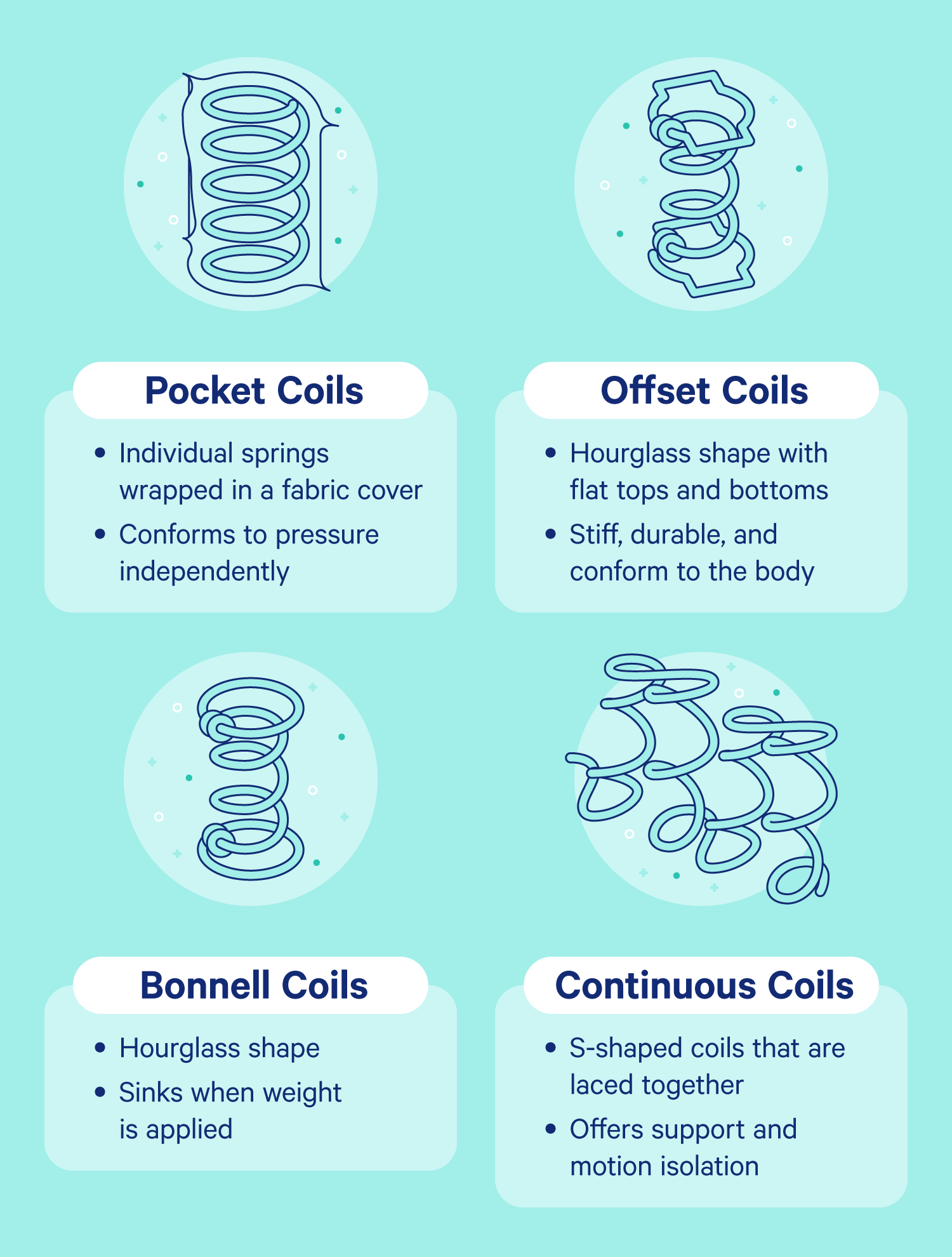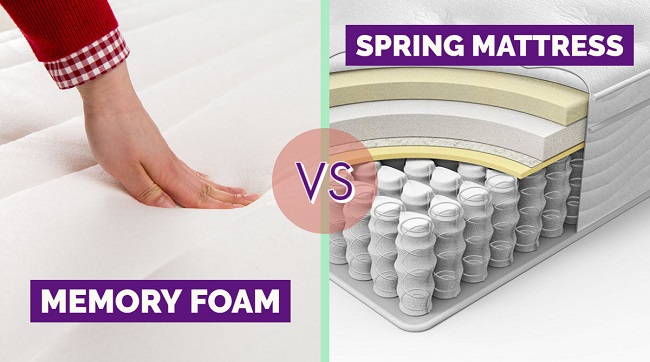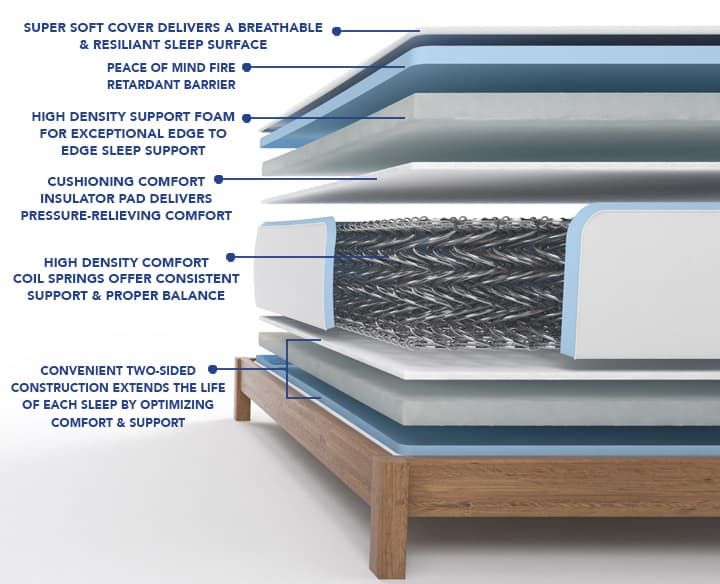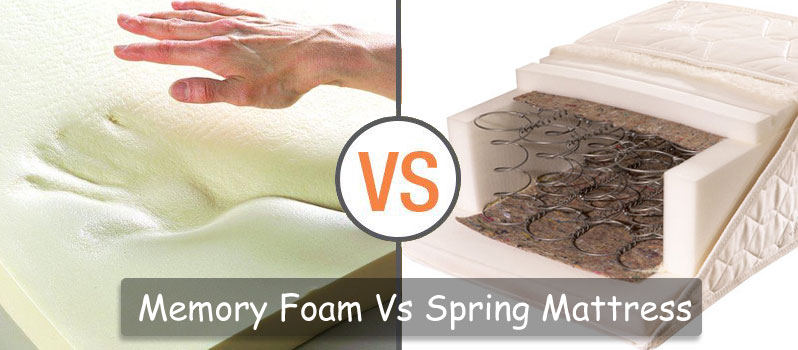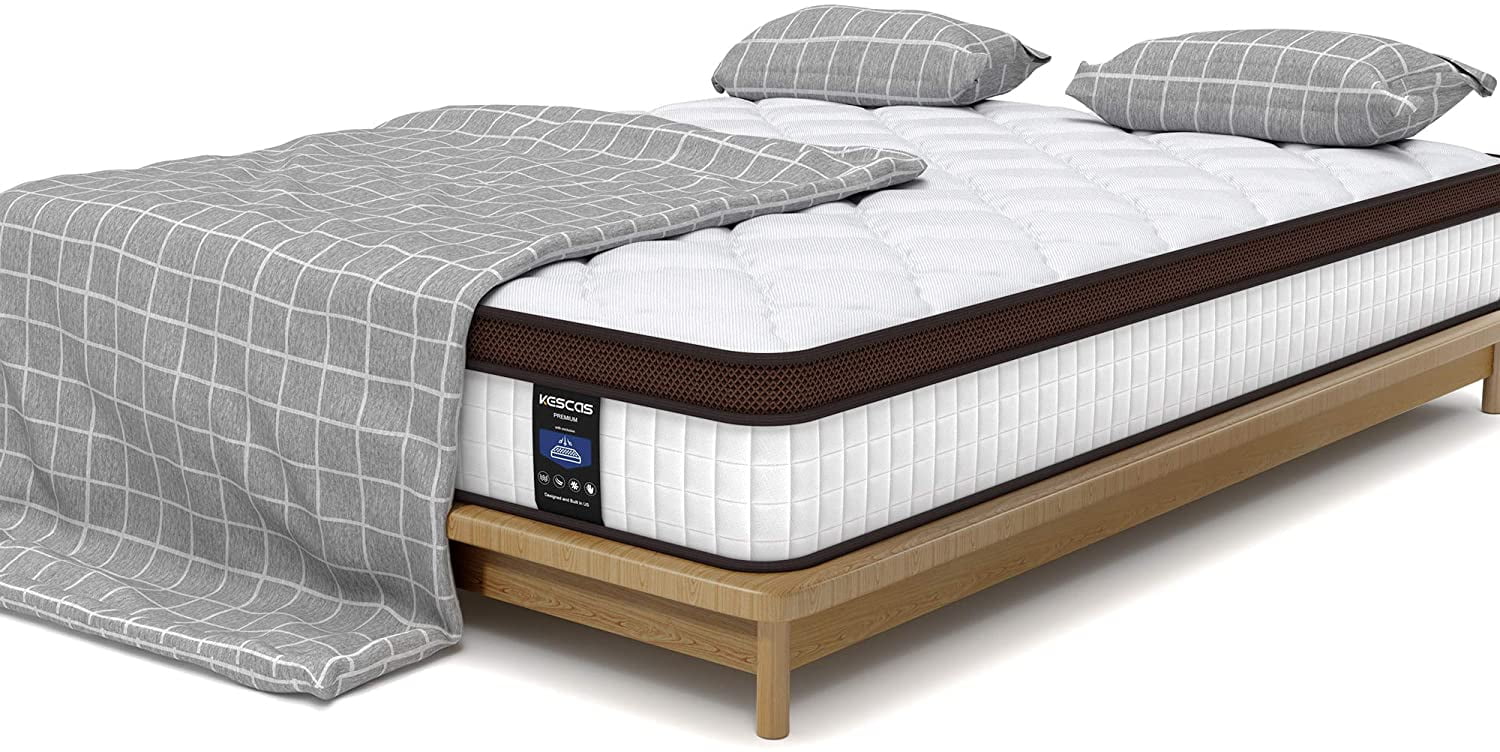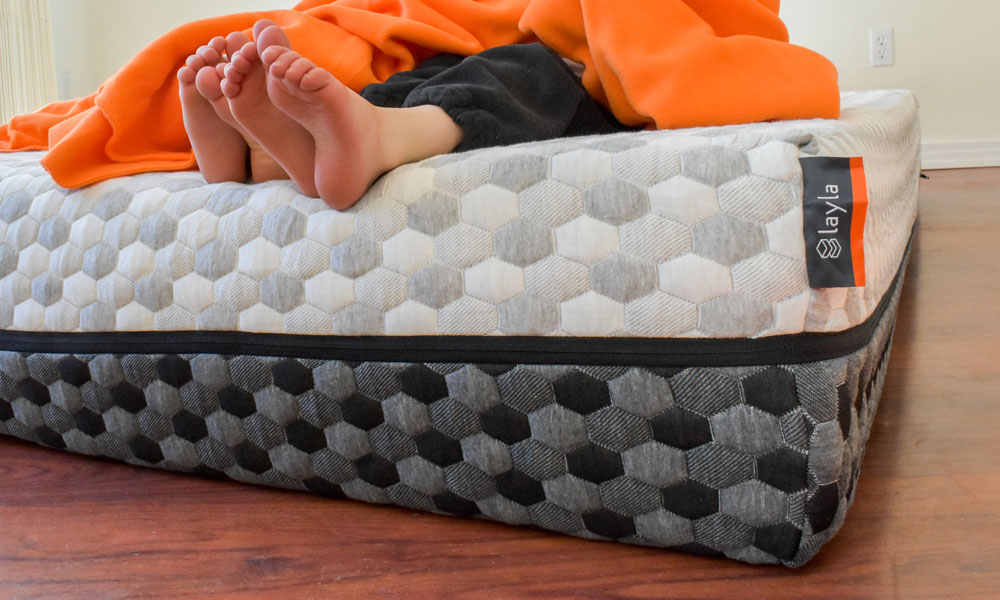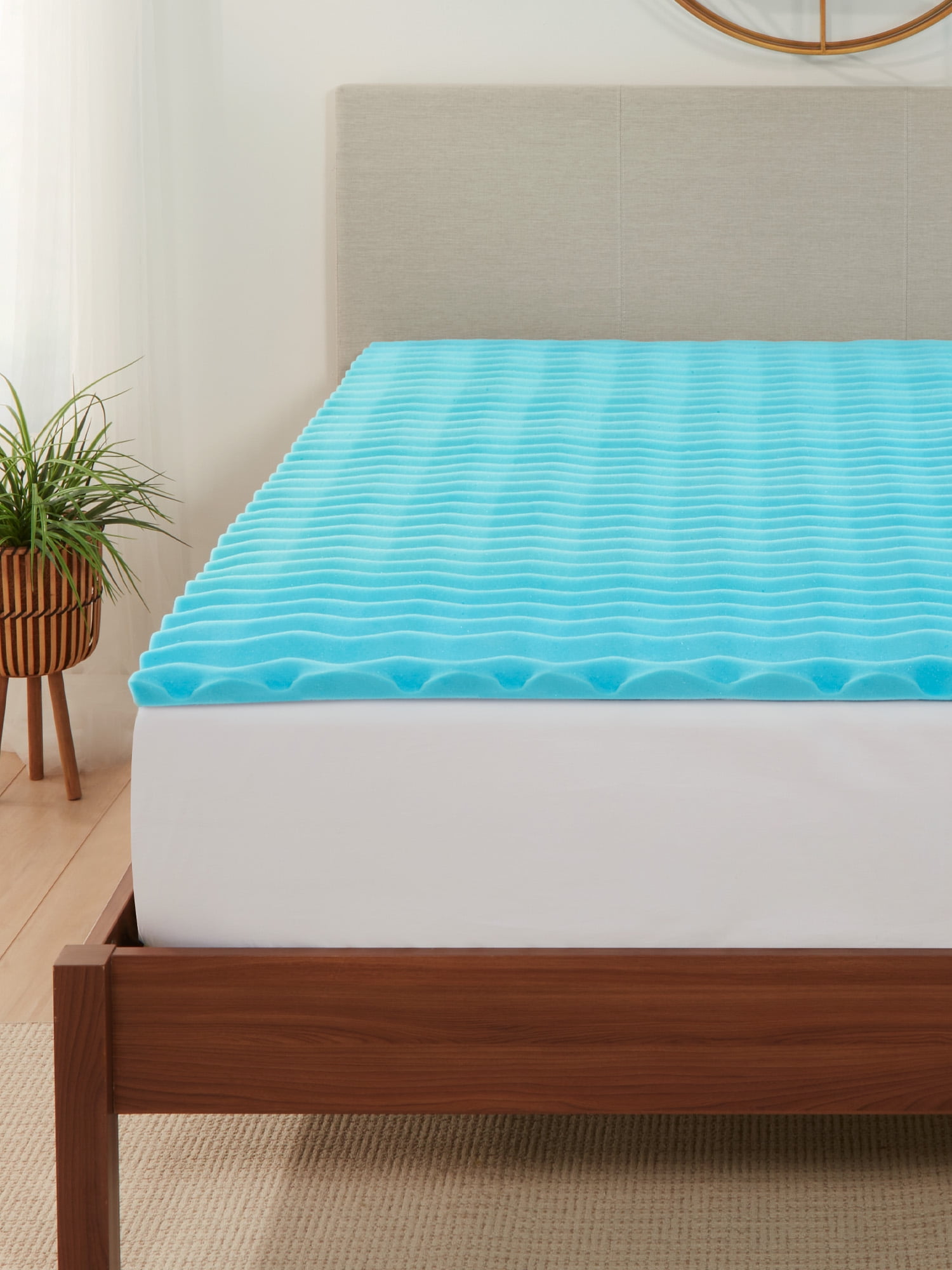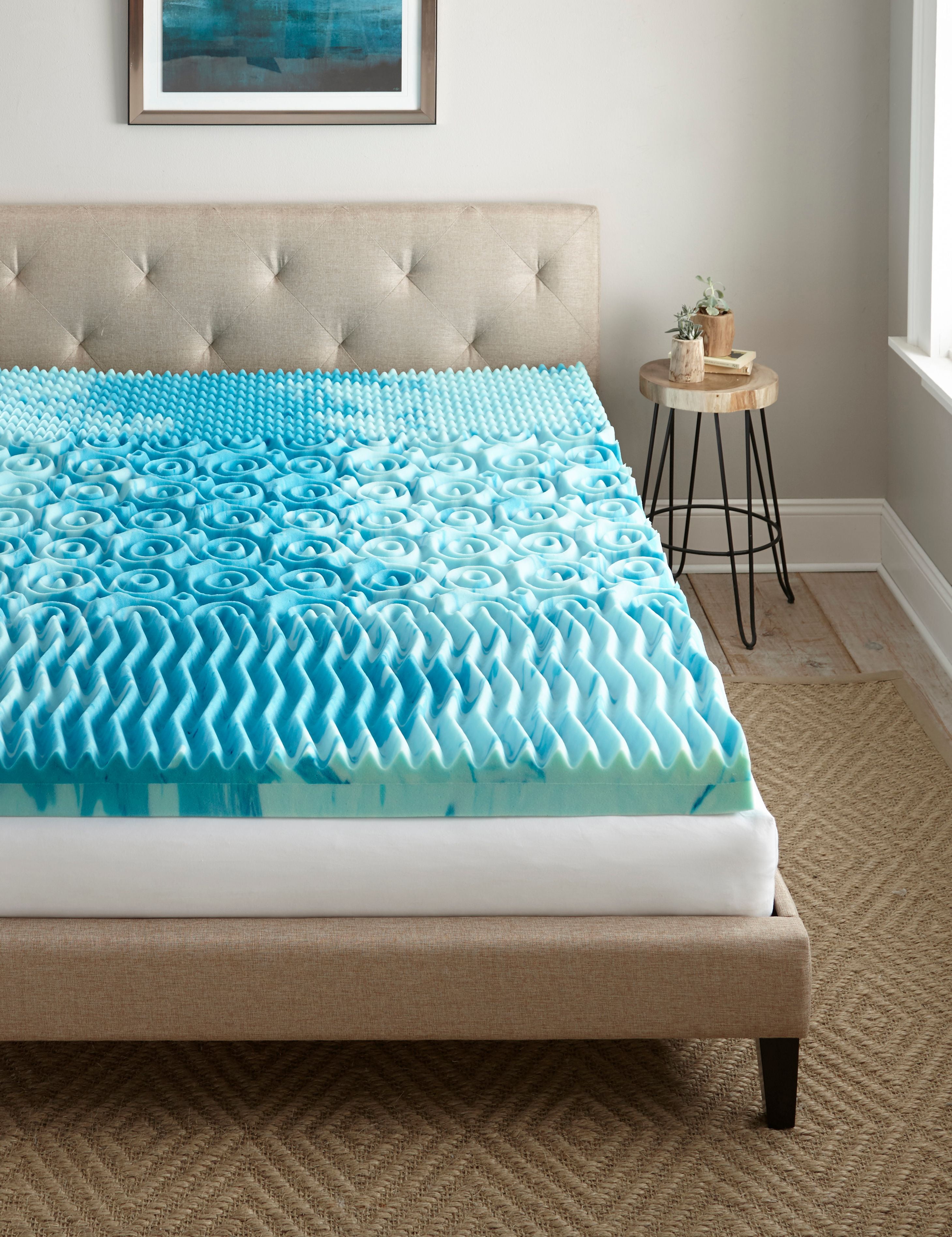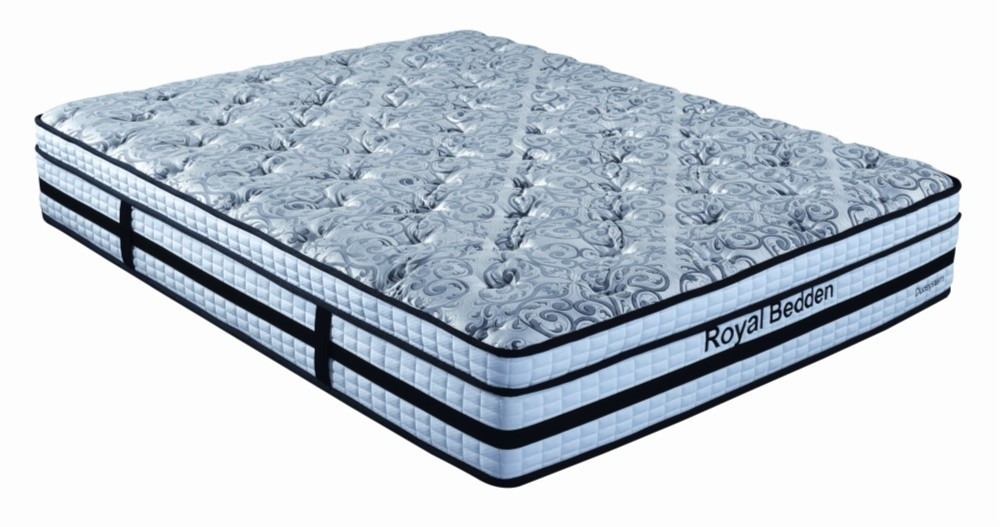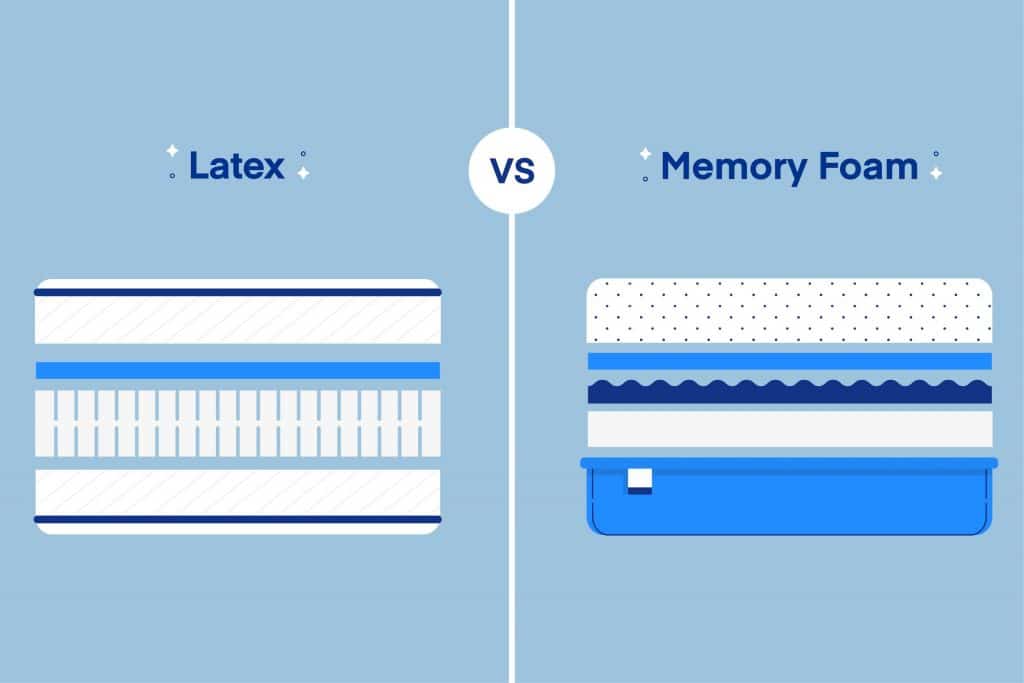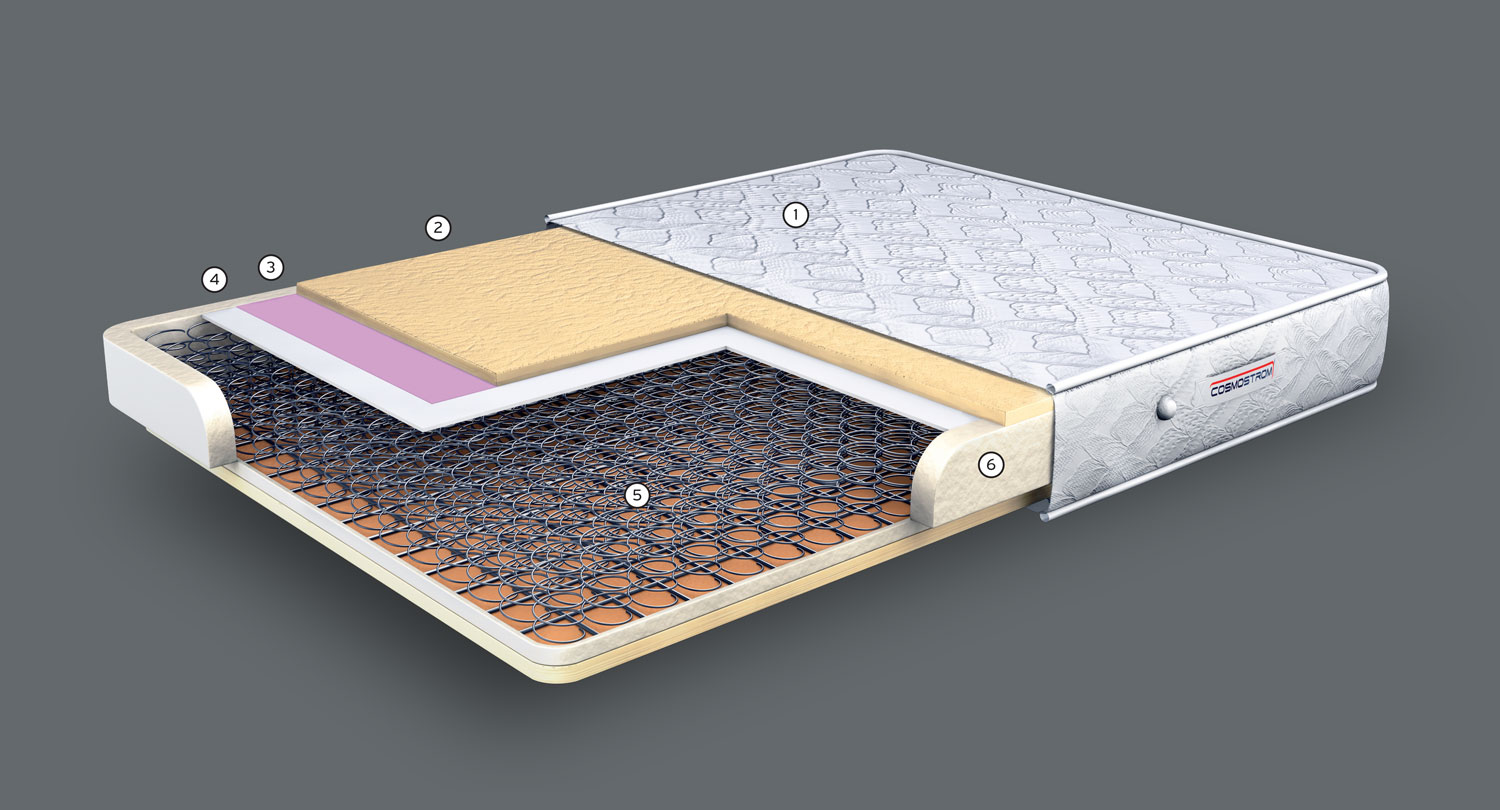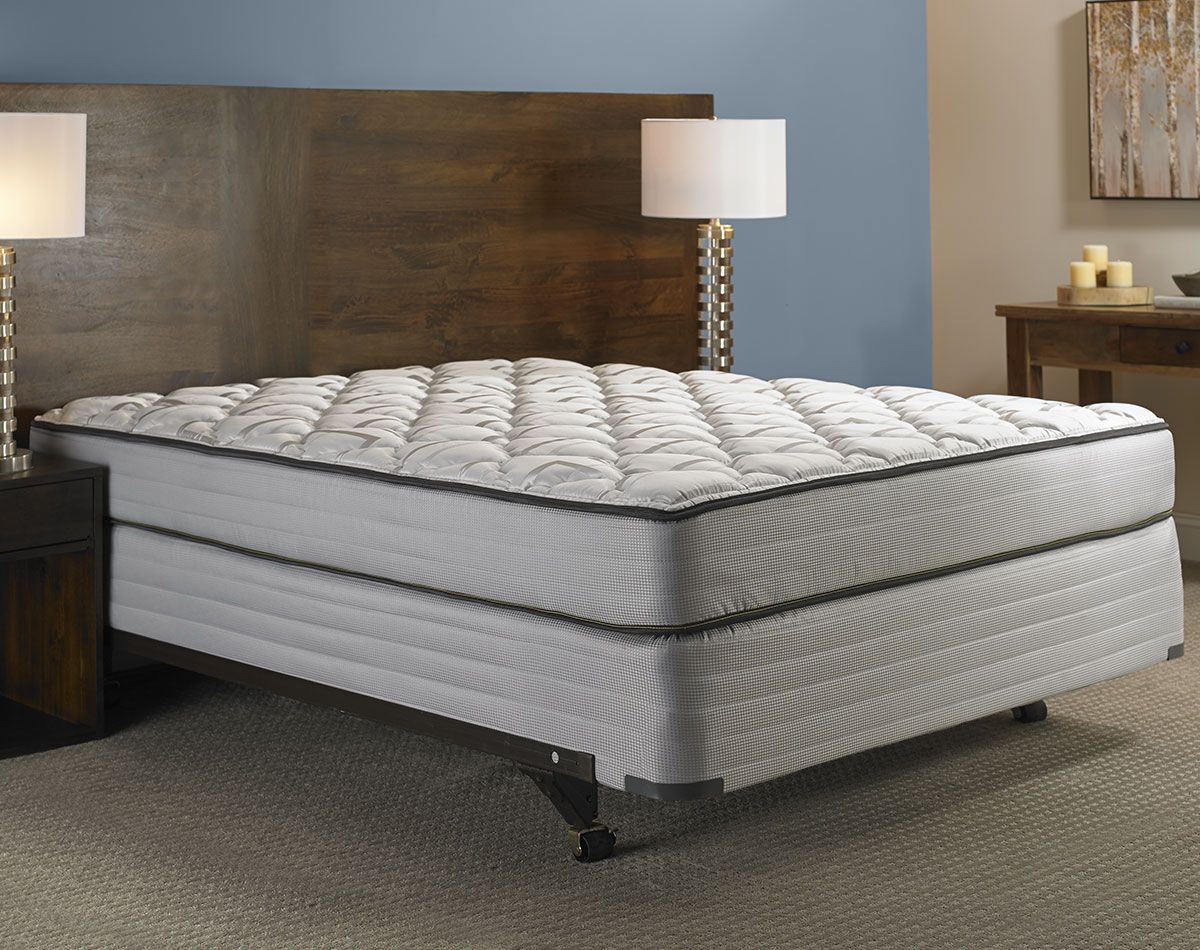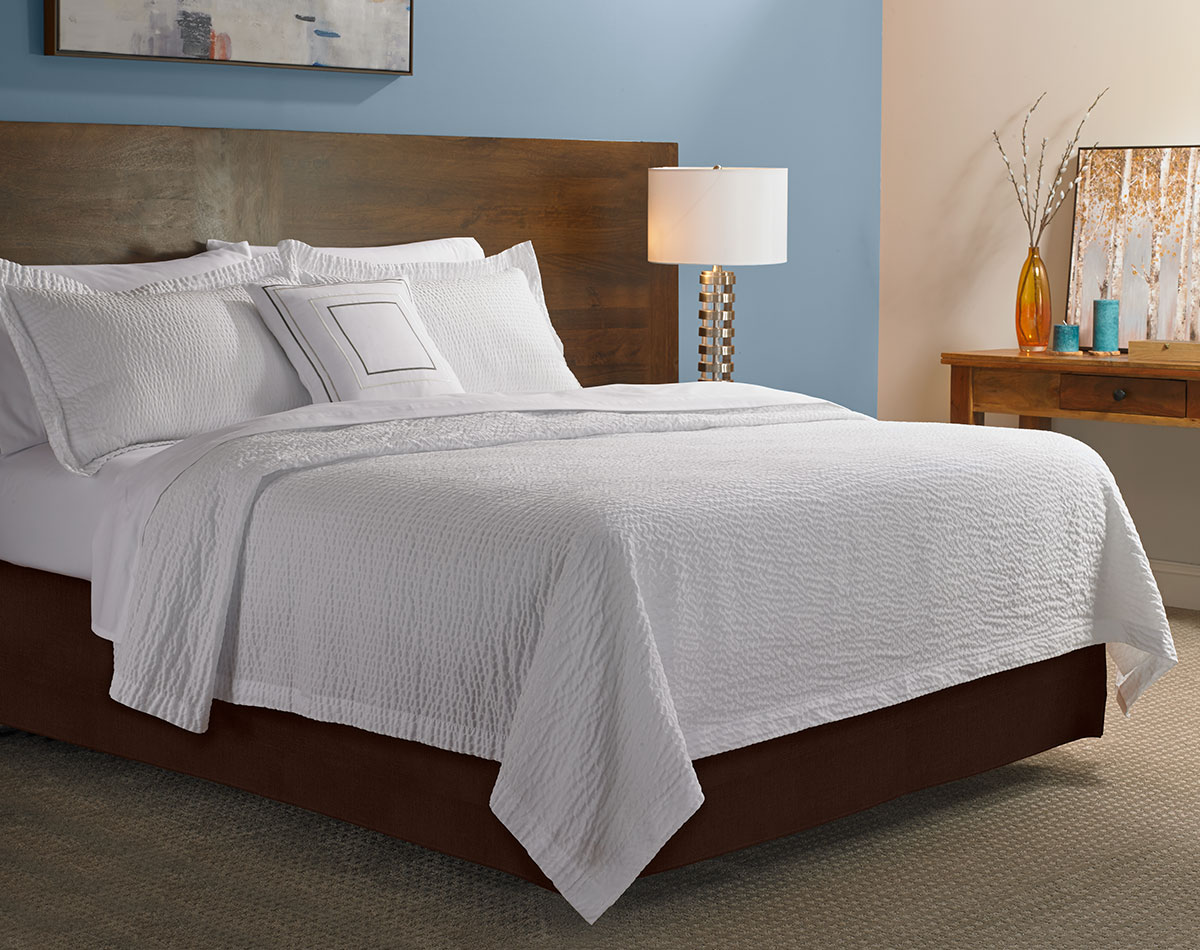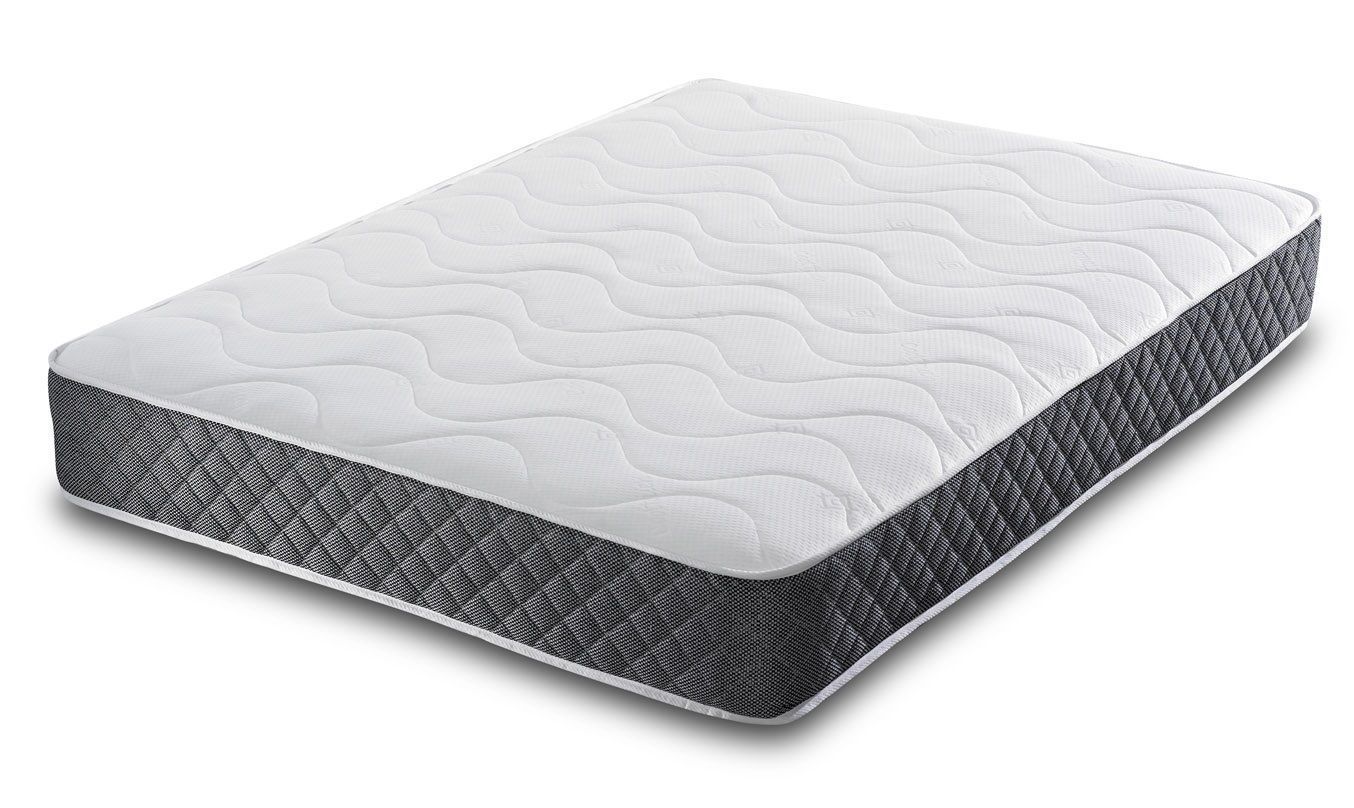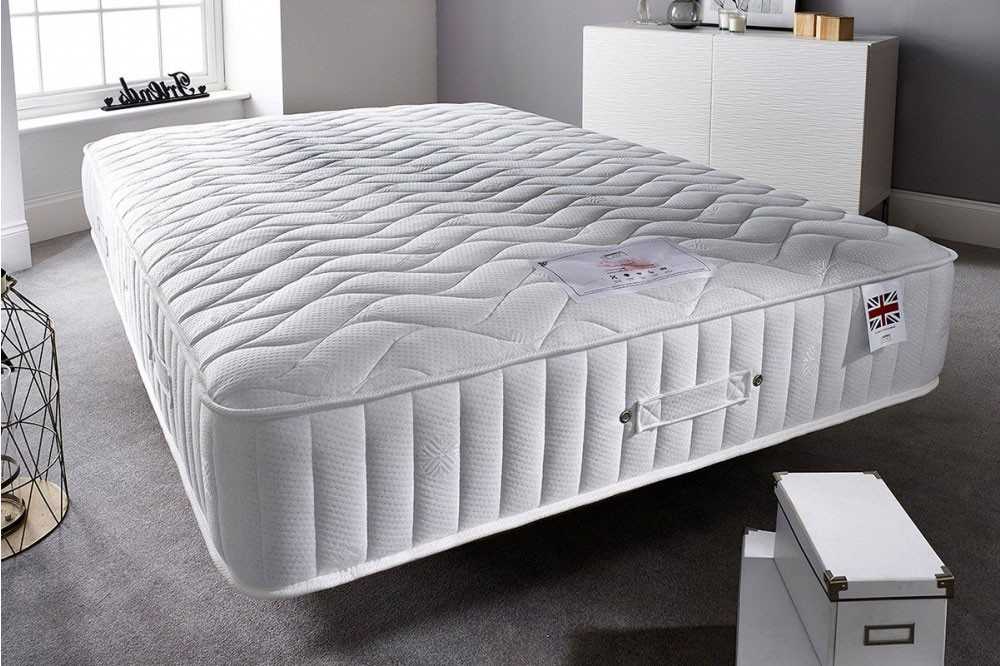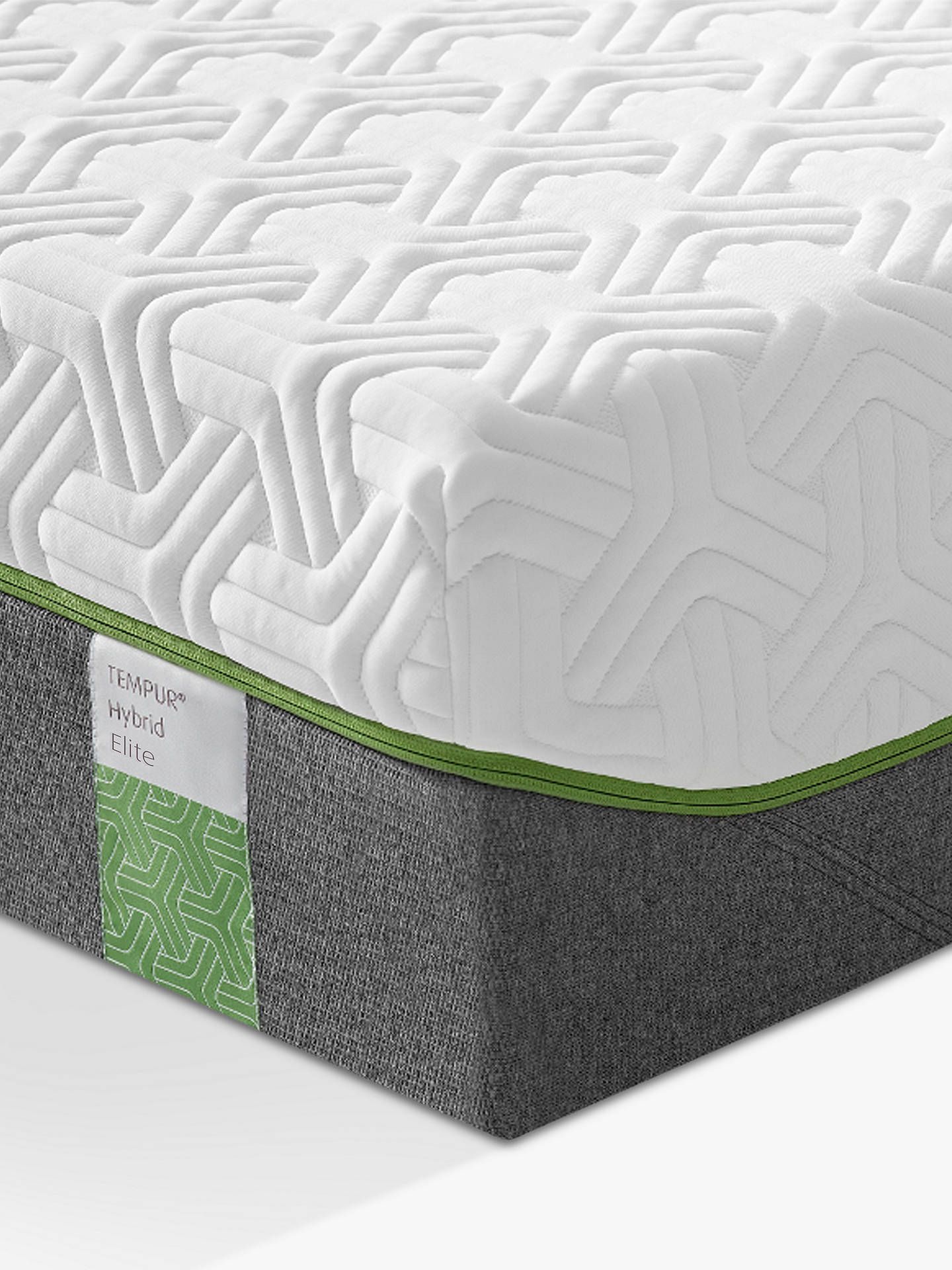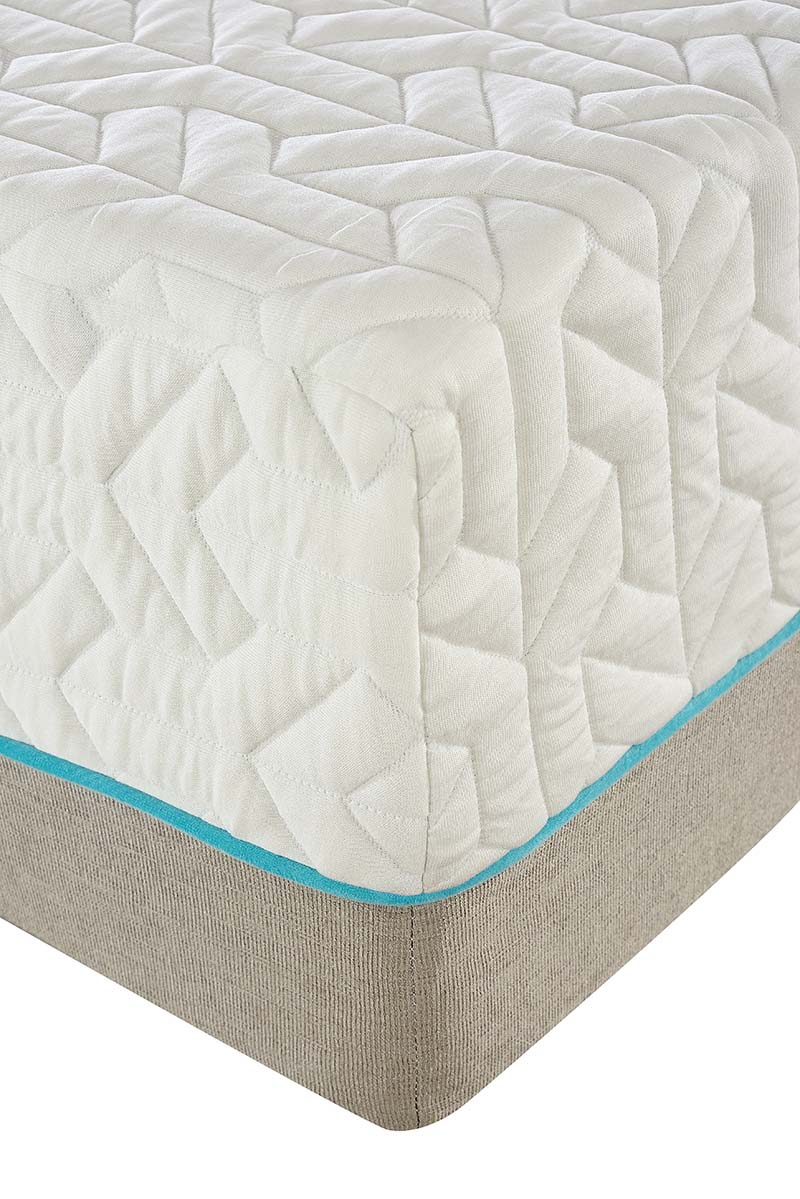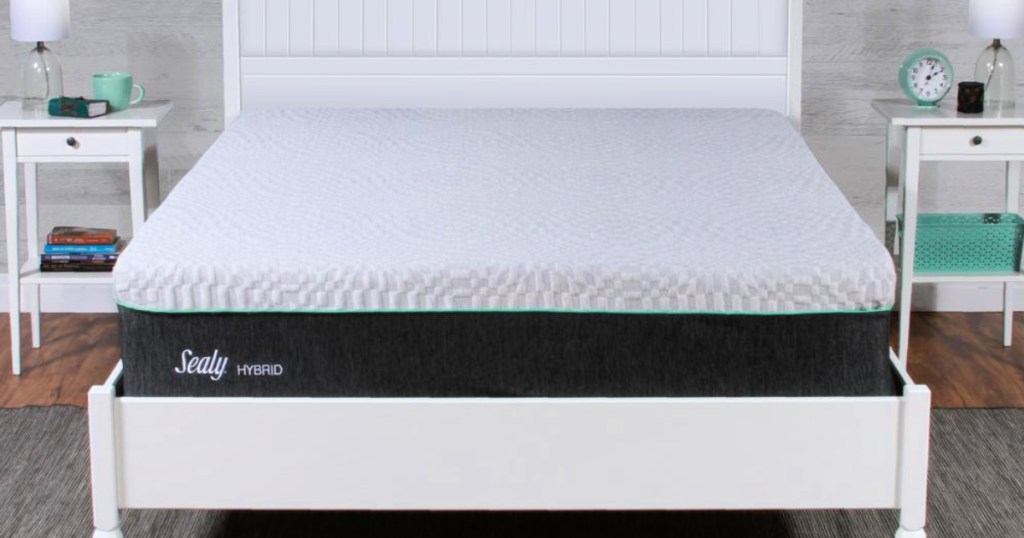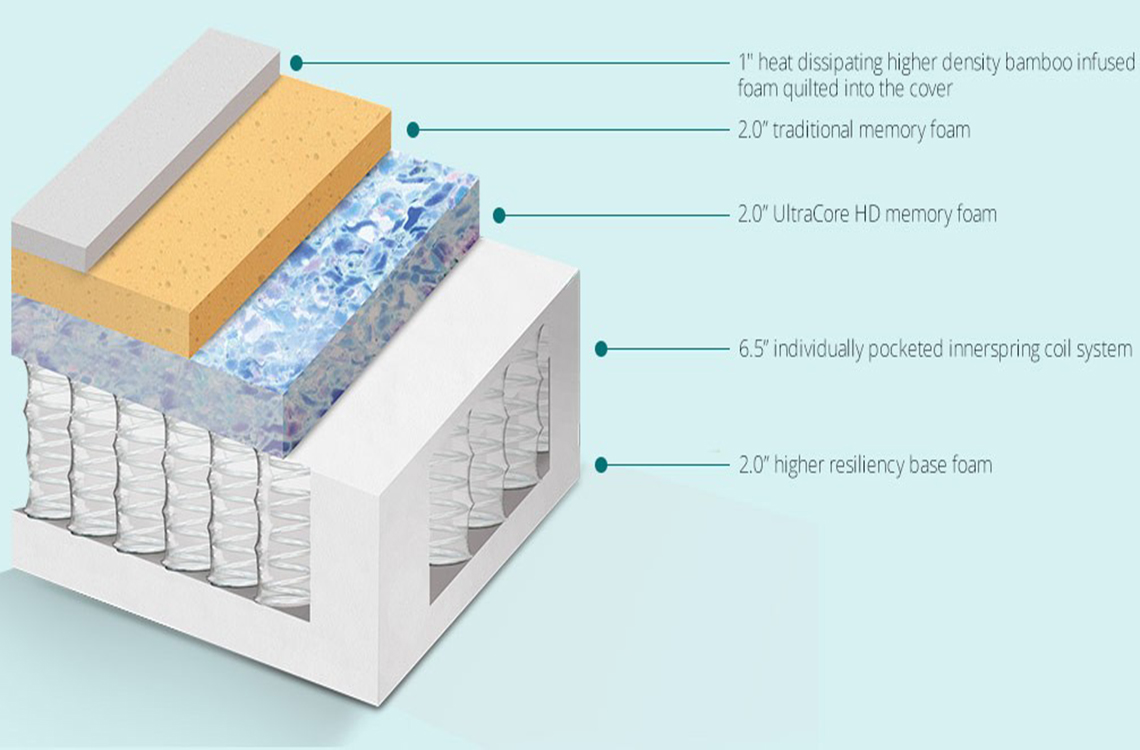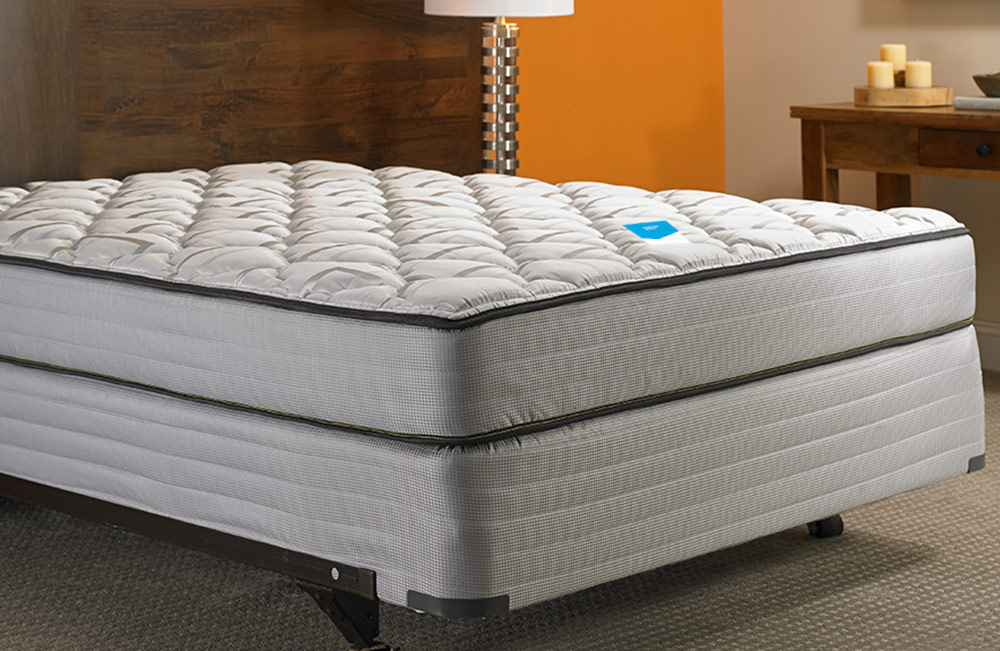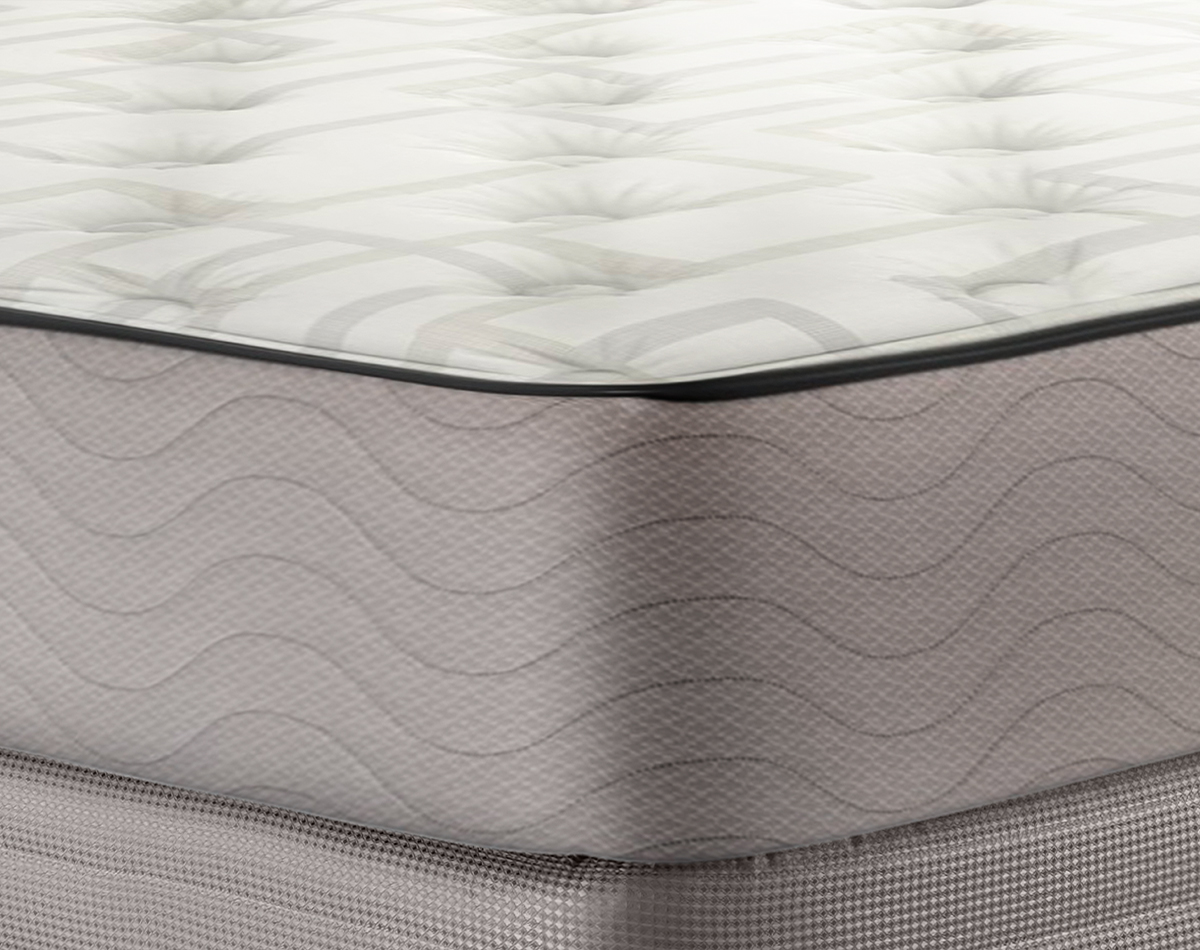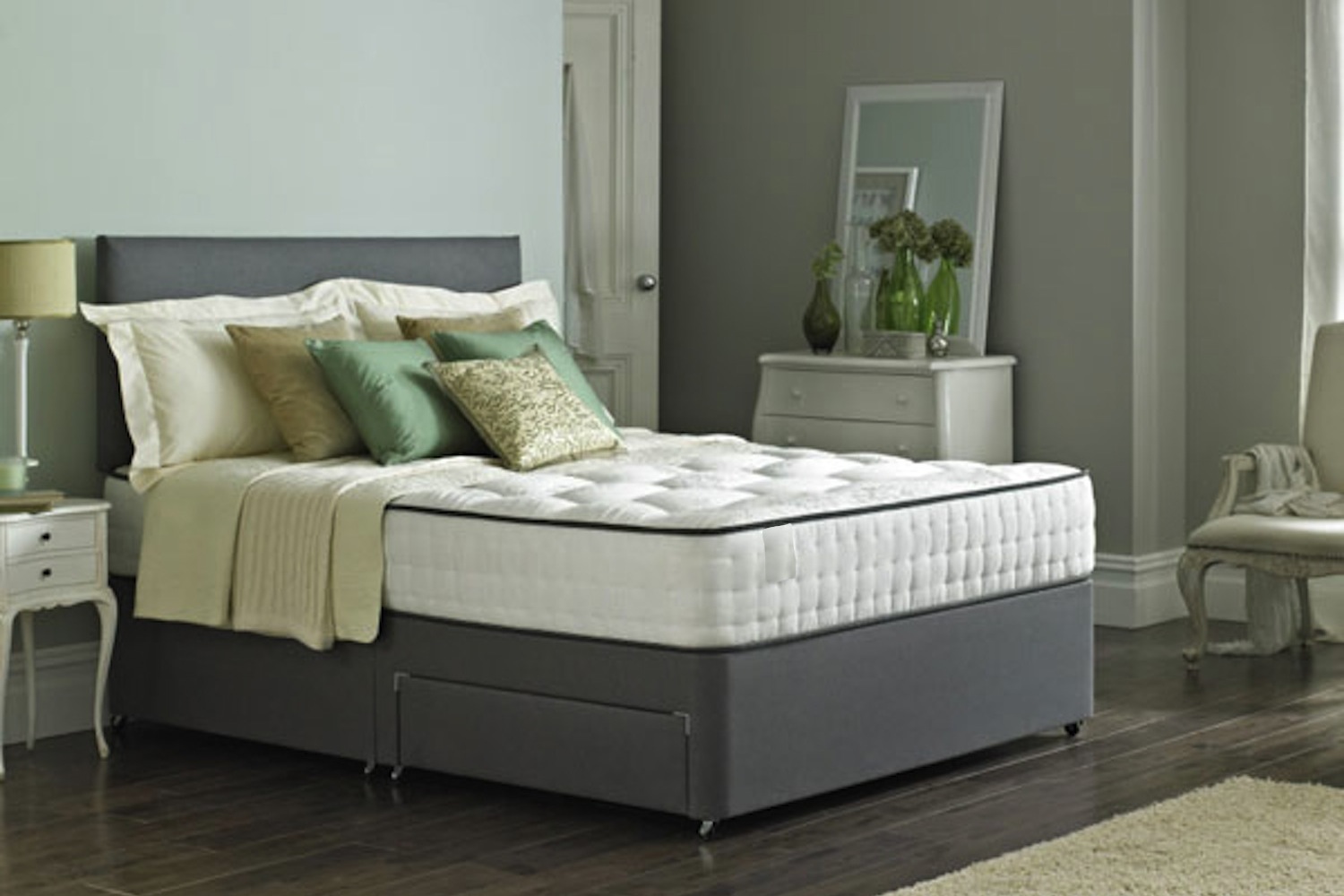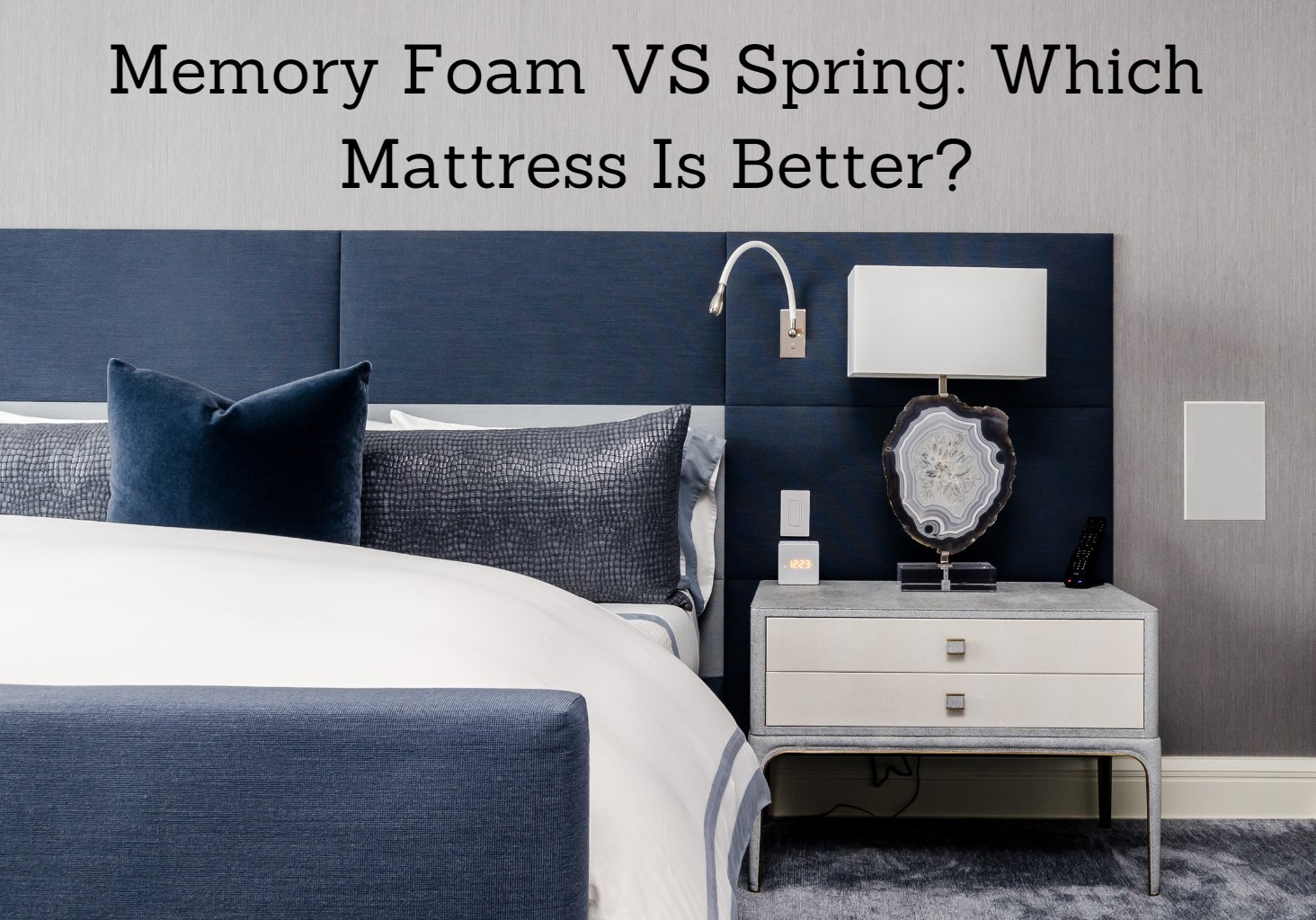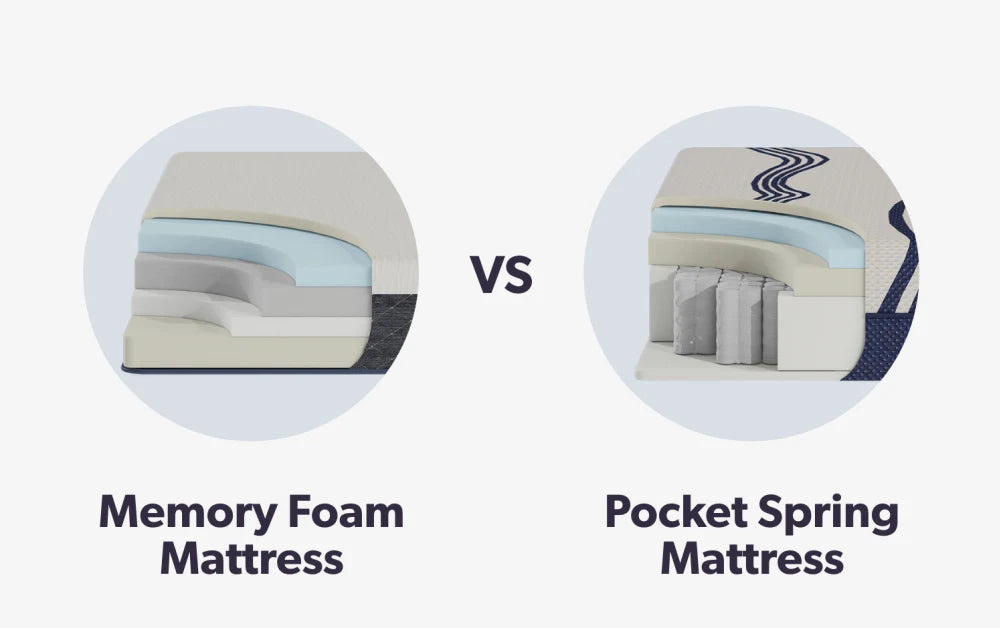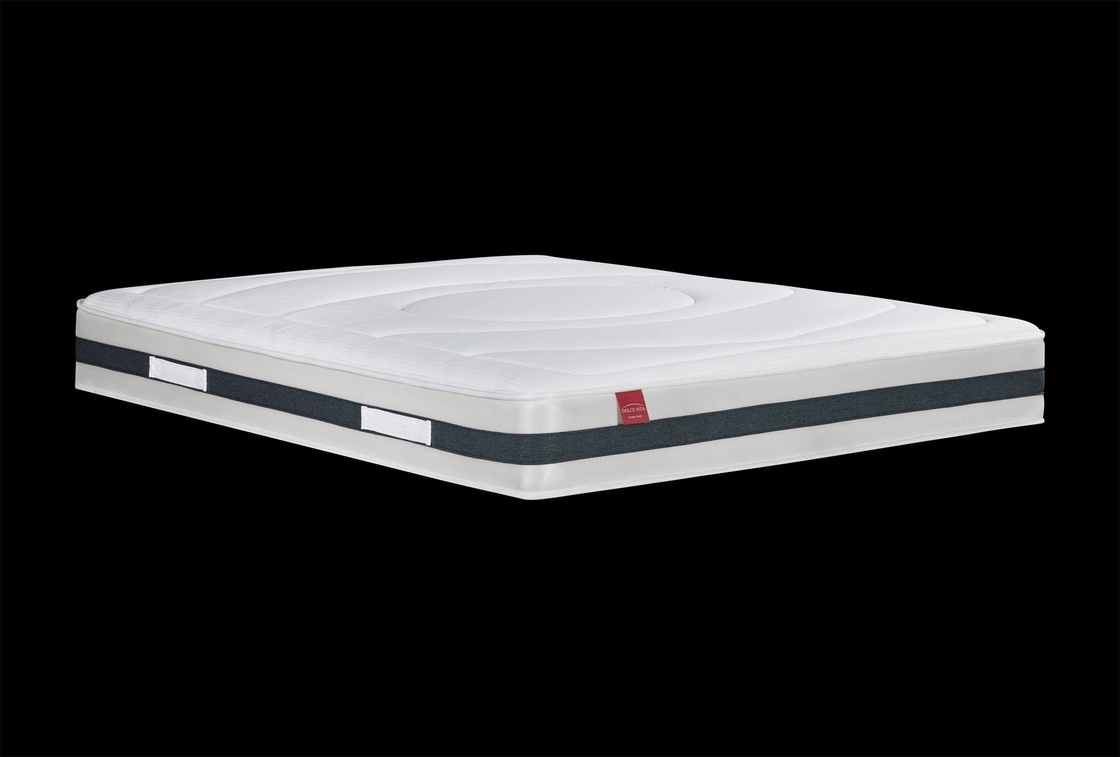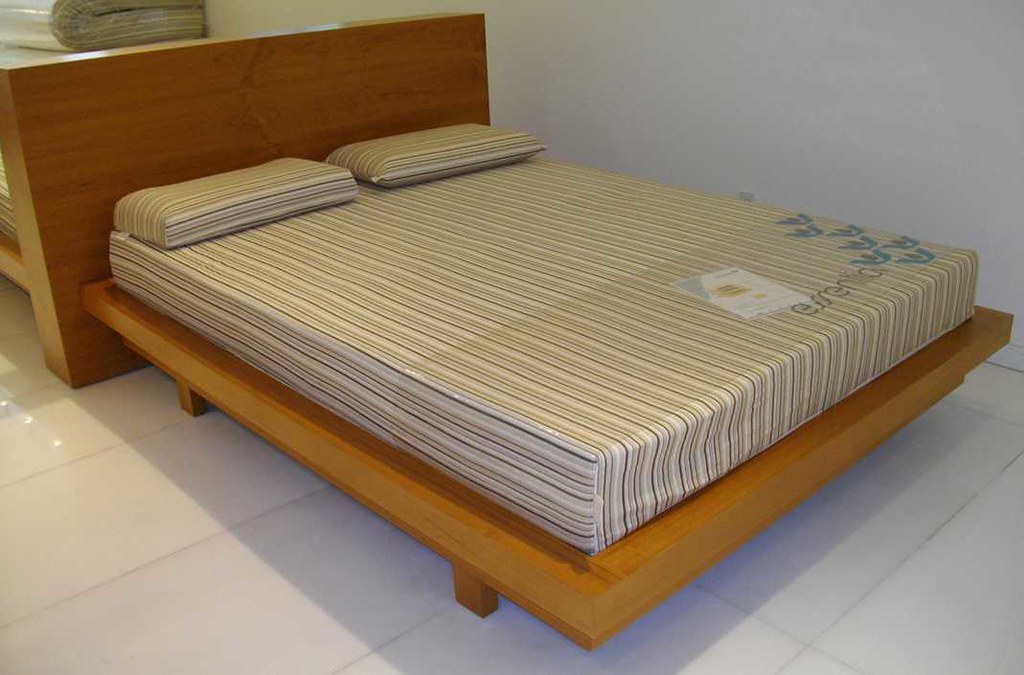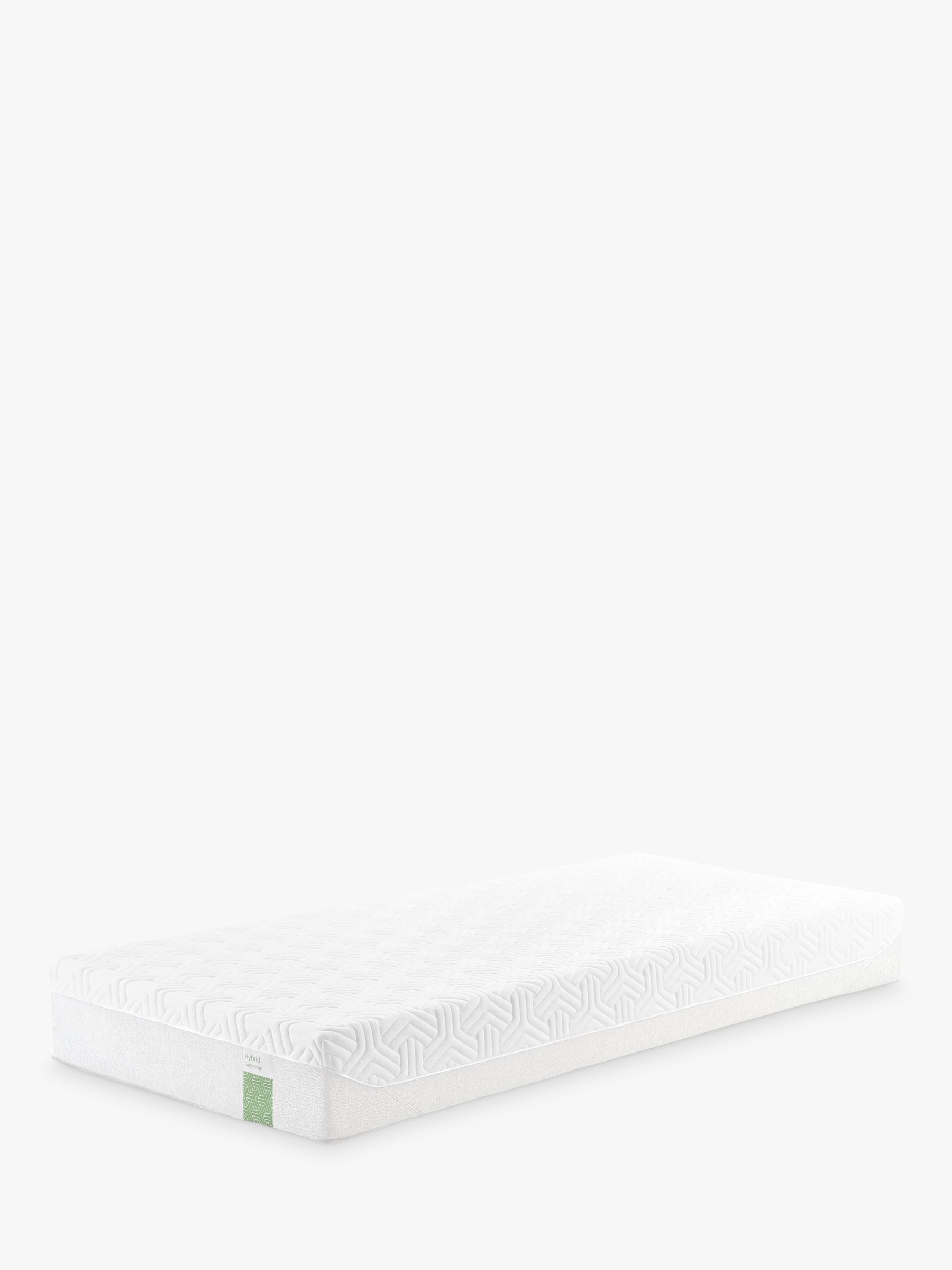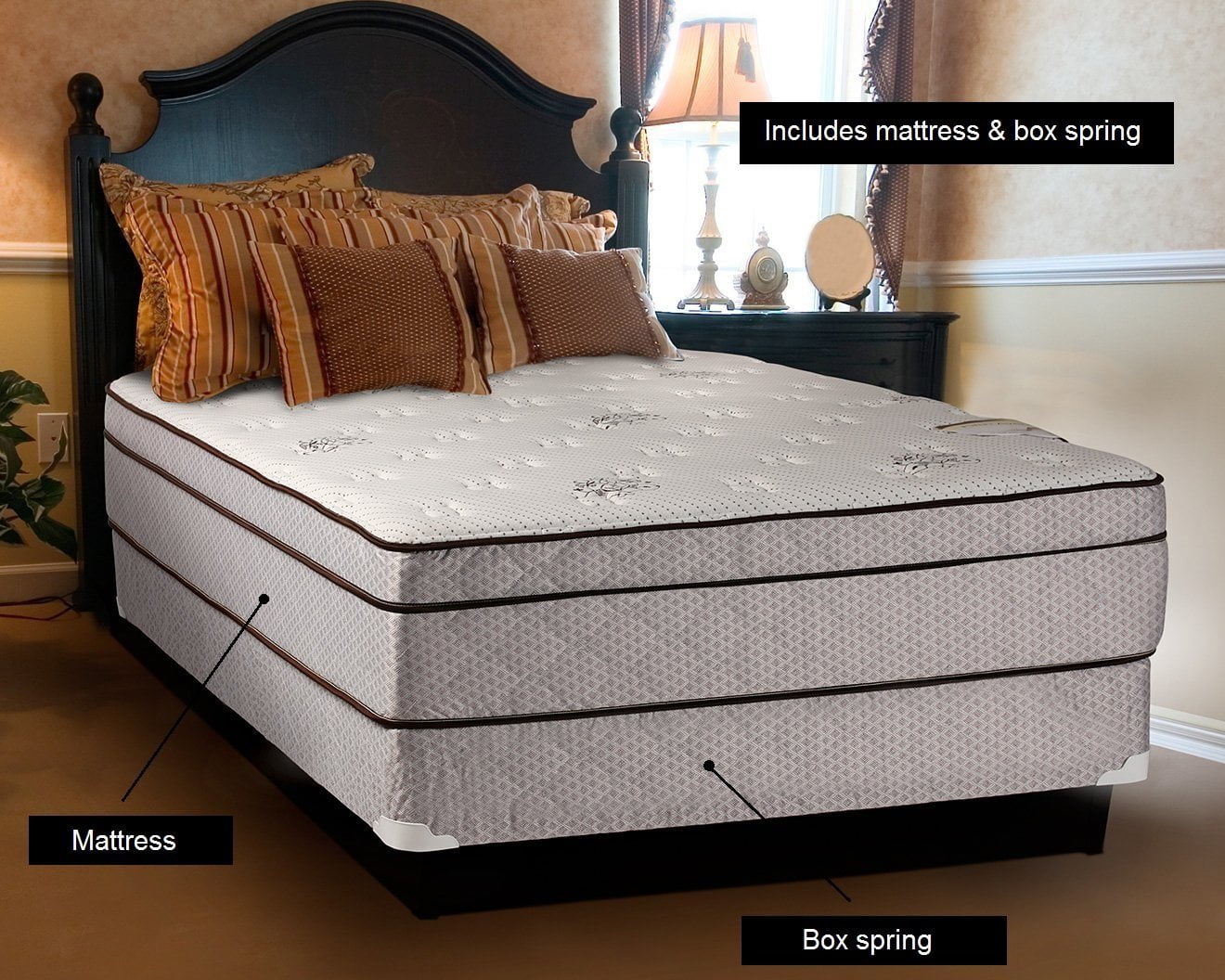Spring Mattress to Memory Foam Mattress: Making the Switch for Better Sleep
Are you tired of tossing and turning on your old, uncomfortable spring mattress? It may be time to consider upgrading to a memory foam mattress. With its unique ability to conform to your body, memory foam can provide a more comfortable and supportive sleep experience. In this article, we'll explore the top 10 reasons why you should make the switch from a spring mattress to a memory foam one.
Memory Foam Mattress: What is it and How Does it Work?
Memory foam is a type of polyurethane foam that was originally developed by NASA to improve seat cushioning and crash protection for astronauts. It is made from a combination of chemicals that allow it to contour to the body when pressure and heat are applied. This means that when you lay on a memory foam mattress, it will mold to your body shape, providing customized support and pressure relief.
Spring to Foam Mattress: Benefits of Upgrading
The transition from a spring mattress to a foam one can have numerous benefits for your sleep and overall well-being. Here are the top 10 reasons to make the switch:
1. Improved Comfort and Support
The most significant difference between a spring and foam mattress is the level of comfort and support they offer. While a spring mattress may sag and create pressure points, a memory foam mattress contours to your body, providing even support and reducing pressure on your joints.
2. Better Motion Isolation
If you share a bed with a partner, you know how disruptive it can be when they move around in their sleep. With a spring mattress, this movement can be felt throughout the entire bed. However, with a memory foam mattress, the foam absorbs movement, minimizing the disturbance and ensuring a more peaceful sleep for both of you.
3. Allergy Friendly
Memory foam mattresses are made from hypoallergenic materials, making them an excellent choice for those with allergies or sensitivities. Unlike spring mattresses, which can trap dust, dirt, and allergens, memory foam is resistant to these particles, creating a healthier sleep environment.
4. Longevity
Spring mattresses tend to wear out and lose their support over time, requiring replacement every 7-10 years. On the other hand, memory foam mattresses can last up to 15 years, making them a more durable and cost-effective option in the long run.
5. Customized Firmness Options
Memory foam mattresses come in various firmness options, from soft to extra firm, allowing you to choose the level of support that works best for your body. This customization can help alleviate back pain and improve overall sleep quality.
6. Reduced Noise
One of the most common complaints with spring mattresses is the noise they make when you move around in bed. The squeaking and creaking can be disruptive and even wake you up. Memory foam mattresses are virtually silent, providing a quiet and peaceful sleep experience.
7. Temperature Regulation
Memory foam mattresses have a reputation for retaining heat, but this is no longer the case with newer models. Many memory foam mattresses now come with cooling technologies that help regulate your body temperature, ensuring you stay comfortable and cool throughout the night.
The Ultimate Guide to Choosing a Spring to Memory Foam Mattress

What is a Spring to Memory Foam Mattress?
 A
spring to memory foam mattress
is a hybrid mattress that combines the support of traditional innerspring coils with the comfort and contouring of memory foam. This unique combination creates a sleeping surface that is both supportive and pressure-relieving, making it an ideal choice for those looking for a comfortable and restful night's sleep.
A
spring to memory foam mattress
is a hybrid mattress that combines the support of traditional innerspring coils with the comfort and contouring of memory foam. This unique combination creates a sleeping surface that is both supportive and pressure-relieving, making it an ideal choice for those looking for a comfortable and restful night's sleep.
The Benefits of a Spring to Memory Foam Mattress
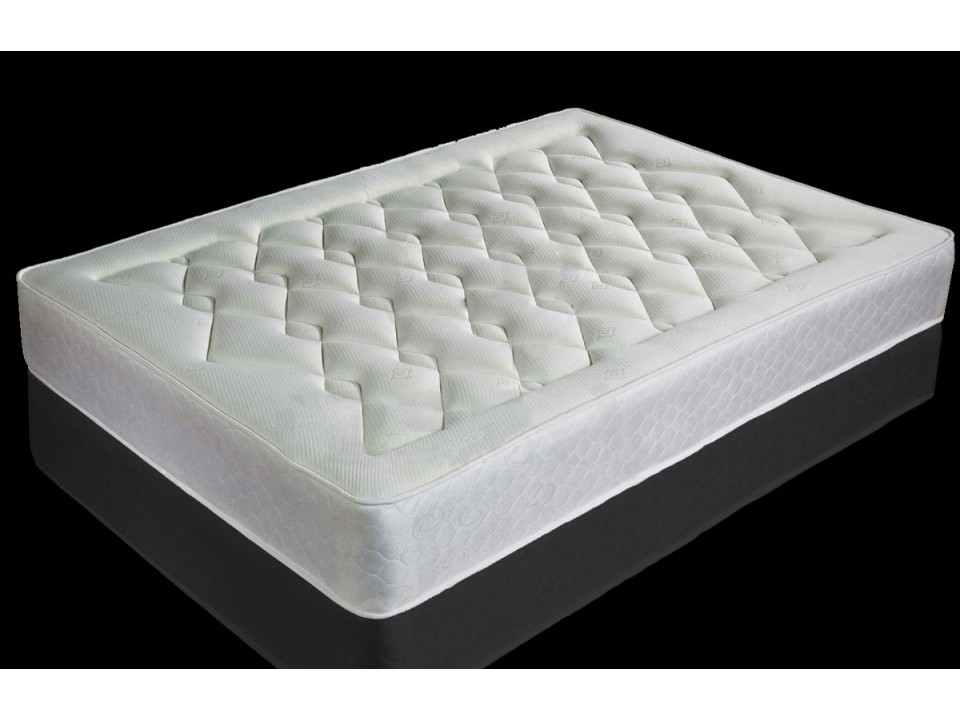 One of the main benefits of a
spring to memory foam mattress
is its ability to provide customized support. The innerspring coils are designed to distribute weight evenly, while the memory foam conforms to the body and relieves pressure points. This combination results in a mattress that supports the spine and reduces aches and pains.
Another advantage of a
spring to memory foam mattress
is its motion isolation properties. The memory foam absorbs movement, making it an ideal choice for couples or those who share a bed with a restless sleeper. This can lead to a more peaceful and undisturbed night's sleep.
One of the main benefits of a
spring to memory foam mattress
is its ability to provide customized support. The innerspring coils are designed to distribute weight evenly, while the memory foam conforms to the body and relieves pressure points. This combination results in a mattress that supports the spine and reduces aches and pains.
Another advantage of a
spring to memory foam mattress
is its motion isolation properties. The memory foam absorbs movement, making it an ideal choice for couples or those who share a bed with a restless sleeper. This can lead to a more peaceful and undisturbed night's sleep.
How to Choose the Right Spring to Memory Foam Mattress
 When looking for the perfect
spring to memory foam mattress
, there are a few key factors to consider. The first is the firmness level. Memory foam mattresses come in a range of firmness options, so it's important to choose one that suits your sleeping preferences and needs.
Another important factor is the thickness and density of the memory foam layer. Higher density foam tends to be more durable and supportive, while lower density foam may provide a softer and more plush feel.
It's also crucial to consider the coil count and gauge of the innerspring coils. A higher coil count and lower gauge (meaning thicker coils) typically indicate better support and durability.
When looking for the perfect
spring to memory foam mattress
, there are a few key factors to consider. The first is the firmness level. Memory foam mattresses come in a range of firmness options, so it's important to choose one that suits your sleeping preferences and needs.
Another important factor is the thickness and density of the memory foam layer. Higher density foam tends to be more durable and supportive, while lower density foam may provide a softer and more plush feel.
It's also crucial to consider the coil count and gauge of the innerspring coils. A higher coil count and lower gauge (meaning thicker coils) typically indicate better support and durability.
Conclusion
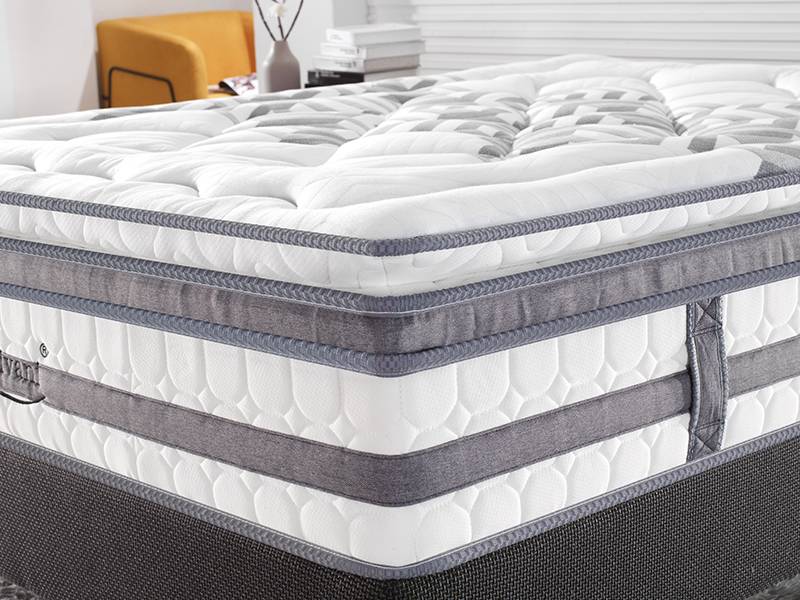 A
spring to memory foam mattress
is a perfect combination of support and comfort, making it an ideal choice for a restful and rejuvenating night's sleep. When selecting a
spring to memory foam mattress
, consider the firmness level, thickness and density of the memory foam, and the coil count and gauge to find the perfect fit for your needs. With its many benefits, a
spring to memory foam mattress
is a smart investment for your overall health and well-being.
A
spring to memory foam mattress
is a perfect combination of support and comfort, making it an ideal choice for a restful and rejuvenating night's sleep. When selecting a
spring to memory foam mattress
, consider the firmness level, thickness and density of the memory foam, and the coil count and gauge to find the perfect fit for your needs. With its many benefits, a
spring to memory foam mattress
is a smart investment for your overall health and well-being.

